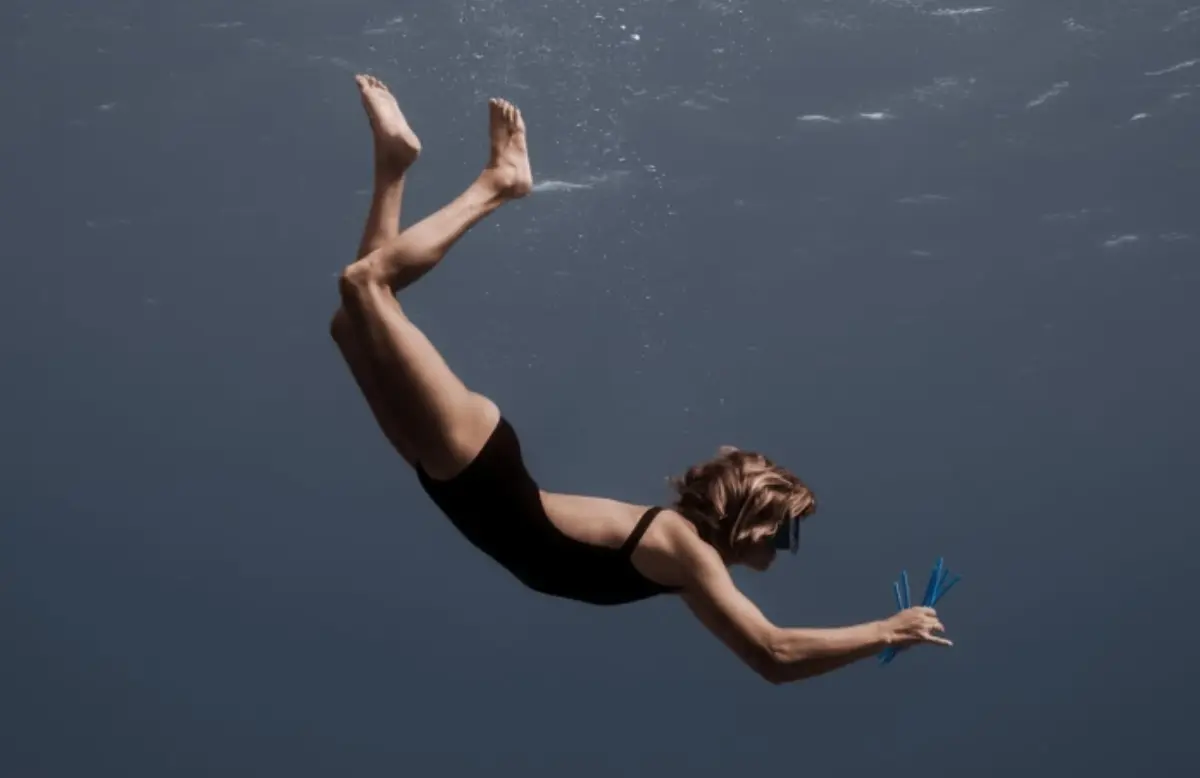Shark Tank update: What happened to Loliware after appearing on the show?
-
 Loliware (Image via Instagram/@loliware)
Loliware (Image via Instagram/@loliware)After appearing on Shark Tank in 2015, Loliware transitioned from producing edible cups to developing seaweed-based bioplastics.
Founders Chelsea Briganti and Leigh Ann Tucker secured a deal with Mark Cuban and Barbara Corcoran for $600,000 in exchange for 25% equity.
Following the show, the company fulfilled large-scale orders, expanded its product range, and later shifted its focus from consumer goods to sustainable materials.
As reported by Food Republic and Shark Tank Blog, Loliware remains active as of 2025, producing biodegradable alternatives to single-use plastics and partnering with international companies to advance seaweed-based materials.
Loliware’s journey after Shark Tank: From edible cups to seaweed-based bioplastics
Loliware’s origins and Shark Tank appearance
Loliware was founded by Chelsea Briganti and Leigh Ann Tucker, graduates of Parsons School of Design. In 2010, they began developing edible, biodegradable cups made from seaweed-based gelatin as an alternative to plastic.
Their concept gained early traction through a Kickstarter campaign and angel investments totaling about $70,000. The product, originally named “Jelloware,” was rebranded as Loliware and received orders from major brands, including a 60,000-cup request from Pernod Ricard.
The founders appeared on Shark Tank Season 7, Episode 2, which aired on October 2, 2015. They sought $150,000 for 15% equity, presenting Loliware as a “biodegr(edible)” solution to plastic waste.
The Sharks sampled the cups, which were made from plant-based gelatin and flavored with natural ingredients. At that time, Loliware’s cost per unit was $0.97, retailing at $1.50, with ongoing efforts to reduce production expenses.
Robert Herjavec initially offered $600,000 for 25% equity on the condition that another Shark joined. Mark Cuban agreed, followed by interest from Kevin O’Leary and Barbara Corcoran.
Briganti and Tucker ultimately accepted the offer from Cuban and Corcoran for $600,000 and 25% equity. The company’s valuation during the pitch was approximately $1 million.
Growth and transition after Shark Tank
According to Food Republic, following the broadcast, Loliware experienced a rapid surge in demand, receiving over $140,000 in orders within 24 hours.
Mark Cuban assisted the company in scaling production and refining its pricing model. In 2016, Loliware introduced its 10-ounce flavored cups at the Texas State Fair, replacing 50,000 plastic cups during the event.
Co-founder Leigh Ann Tucker later exited the company, while Chelsea Briganti, now known as “Sea,” continued leading operations. The company released additional cup variations, including vitamin-infused and coconut water-based versions. However, production eventually pivoted toward edible straws to address plastic straw pollution.
Through 2018 and 2019, Loliware raised more funds through Kickstarter and Indiegogo campaigns, generating over $130,000 combined for its seaweed straws. In 2020, the company secured $6 million in venture capital to advance its technology.
By 2023, Shark Tank Blog reported that Loliware had raised a total of $15.4 million, positioning it as one of the best-funded seaweed material technology companies globally.
Current operations and future direction
Loliware now focuses on producing biodegradable seaweed-based straws, utensils, and resins. Its flagship product, the Blue Carbon straw, is made from proprietary seaweed technology and designed for large-scale distribution.
The company has developed partnerships with Pernod Ricard and the José Andrés Group, supplying straws for hospitality and restaurant use.
In addition to consumer products, Loliware has created seaweed resin pellets that can replace traditional plastics in existing manufacturing systems without requiring new equipment. The company operates under a business-to-business model, supplying sustainable materials to packaging and food service companies.
As of 2025, based on reports from Food Republic and Shark Tank Blog, Loliware continues to expand within the regenerative materials sector, developing products such as seaweed-based containers, lids, and utensils.
The company has received multiple sustainability awards and participates in environmental innovation programs, including Google’s Single-Use Plastics Challenge and the Clinton Global Greenhouse Initiative.
Loliware’s latest reports indicate continued partnerships and ongoing product development aimed at industrial-scale plastic alternatives.
Stay tuned for more updates.
TOPICS: Shark Tank Loliware, ABC, Hulu, Shark Tank, Loliware